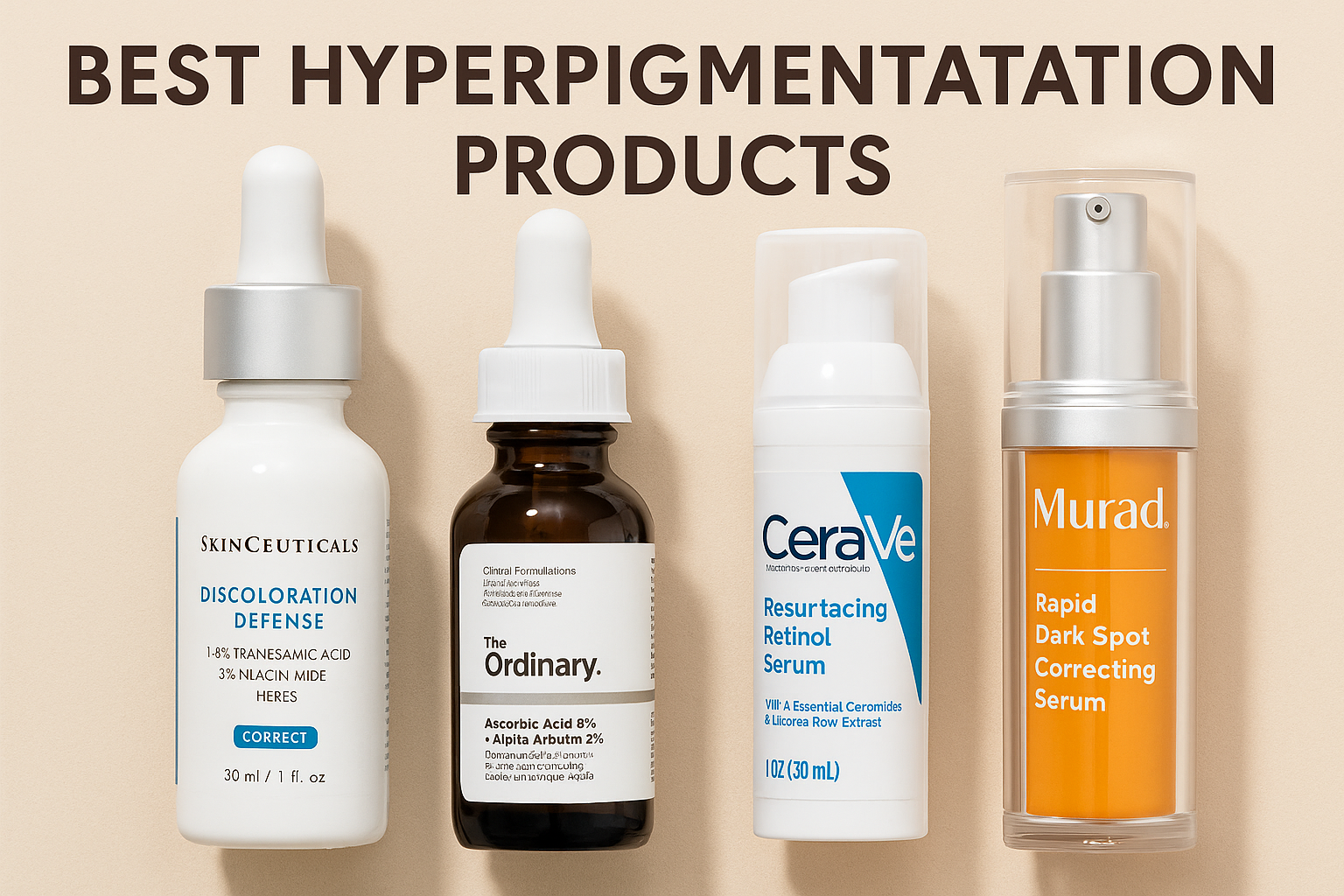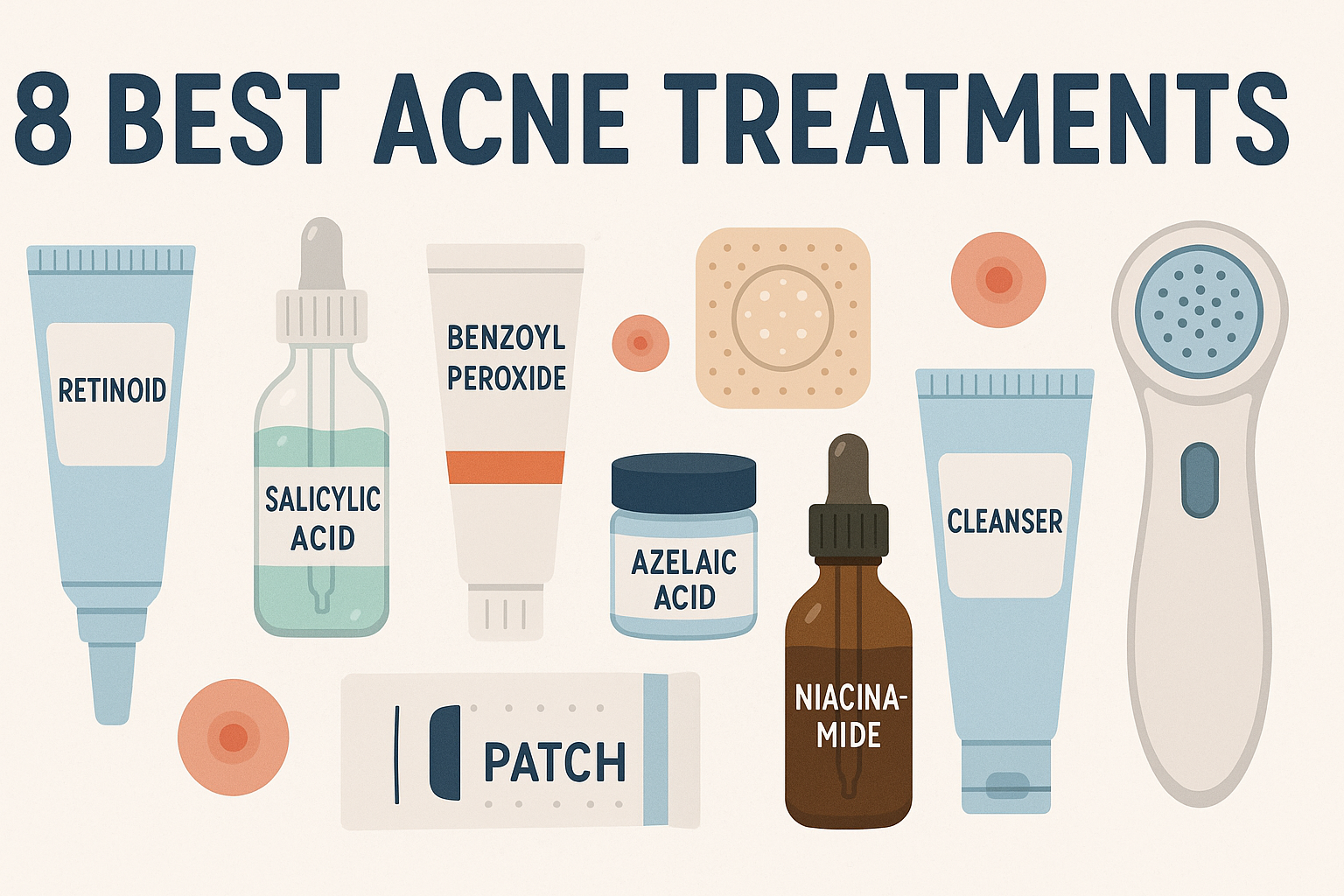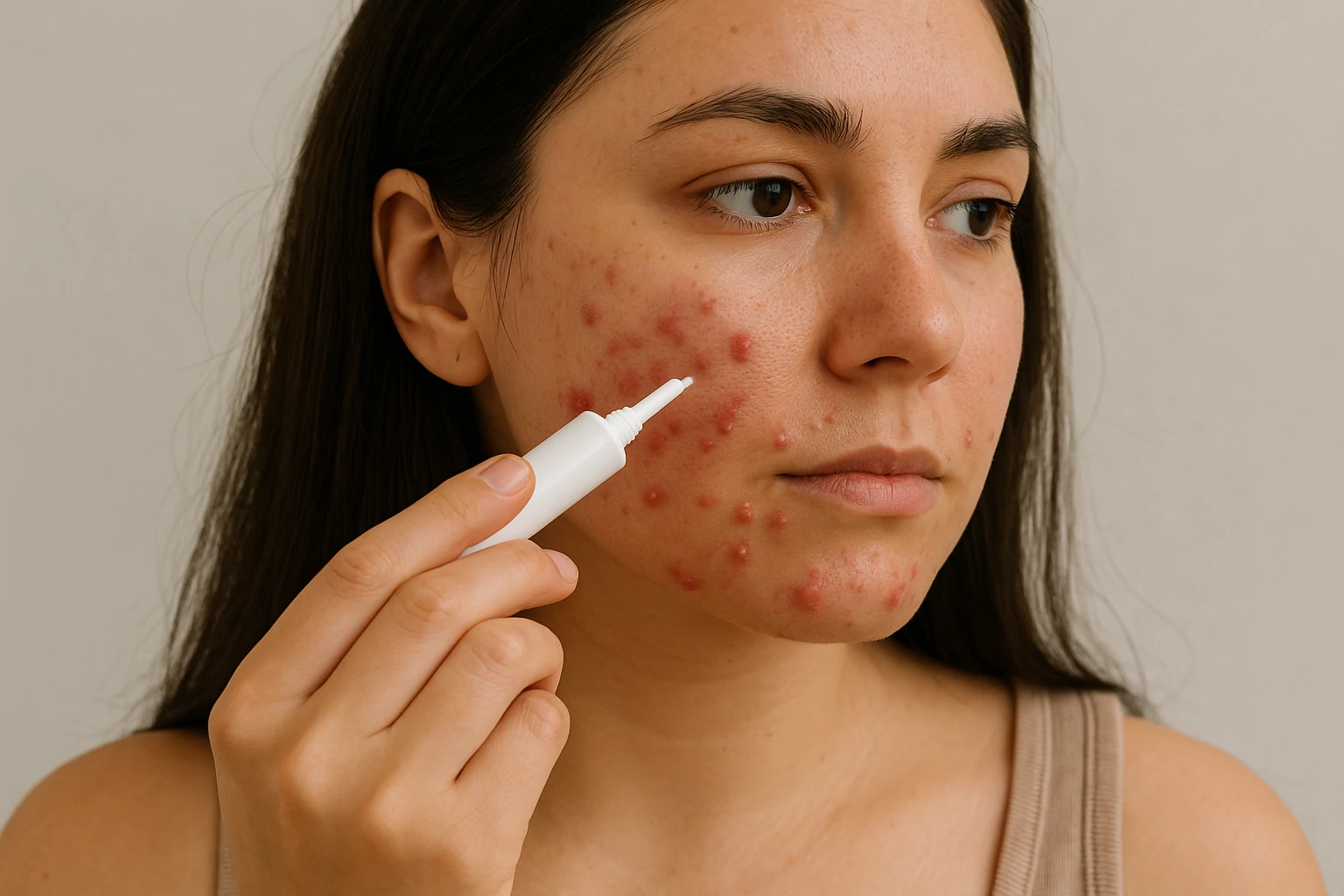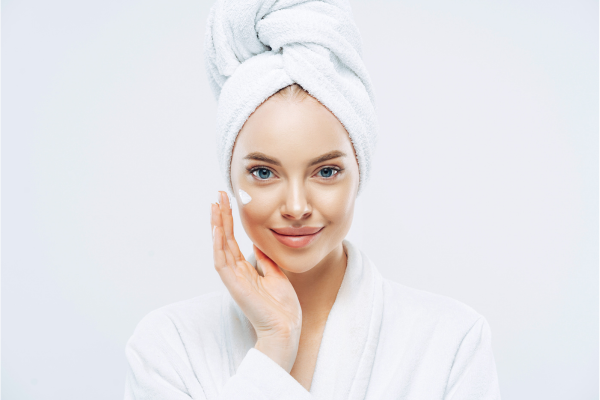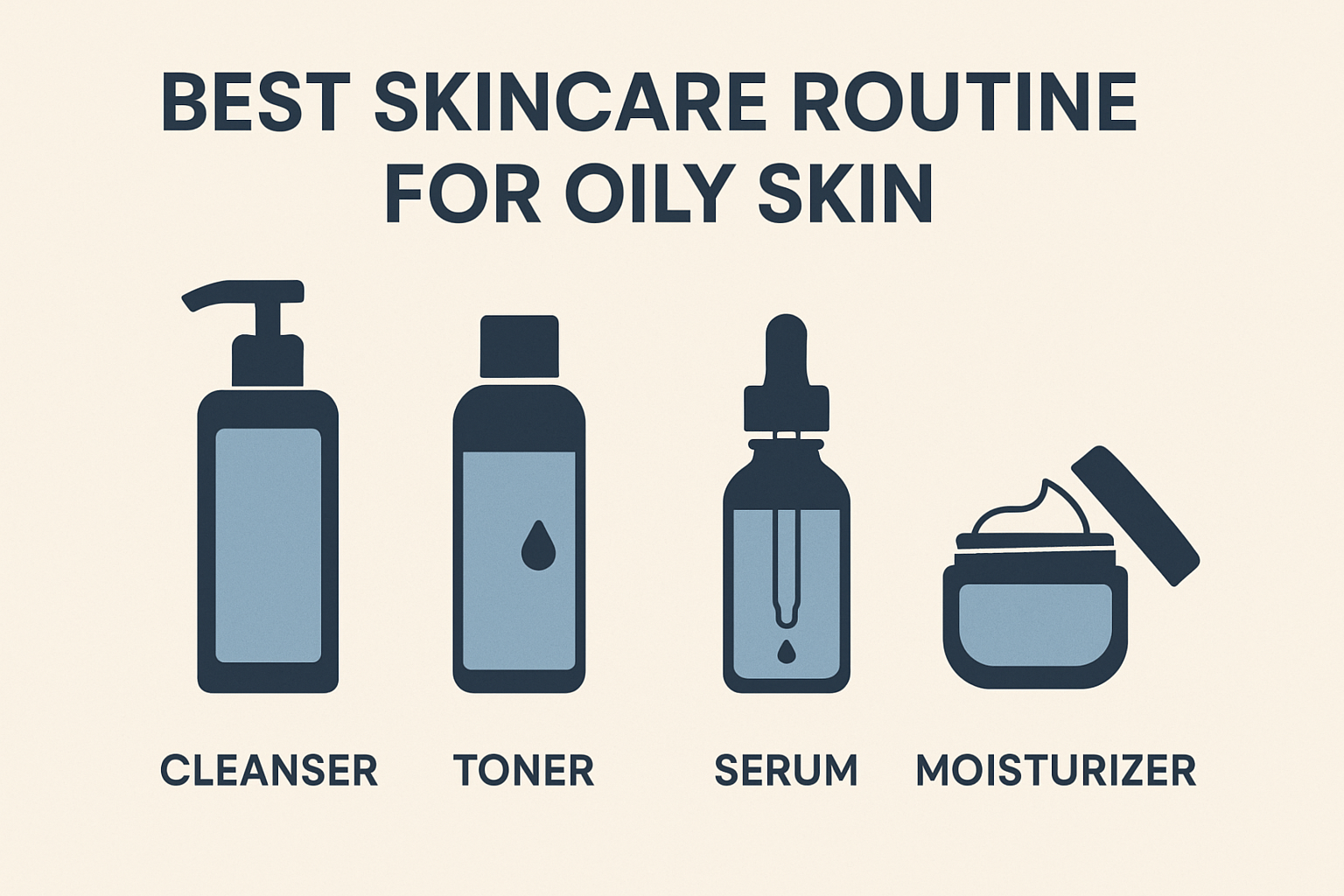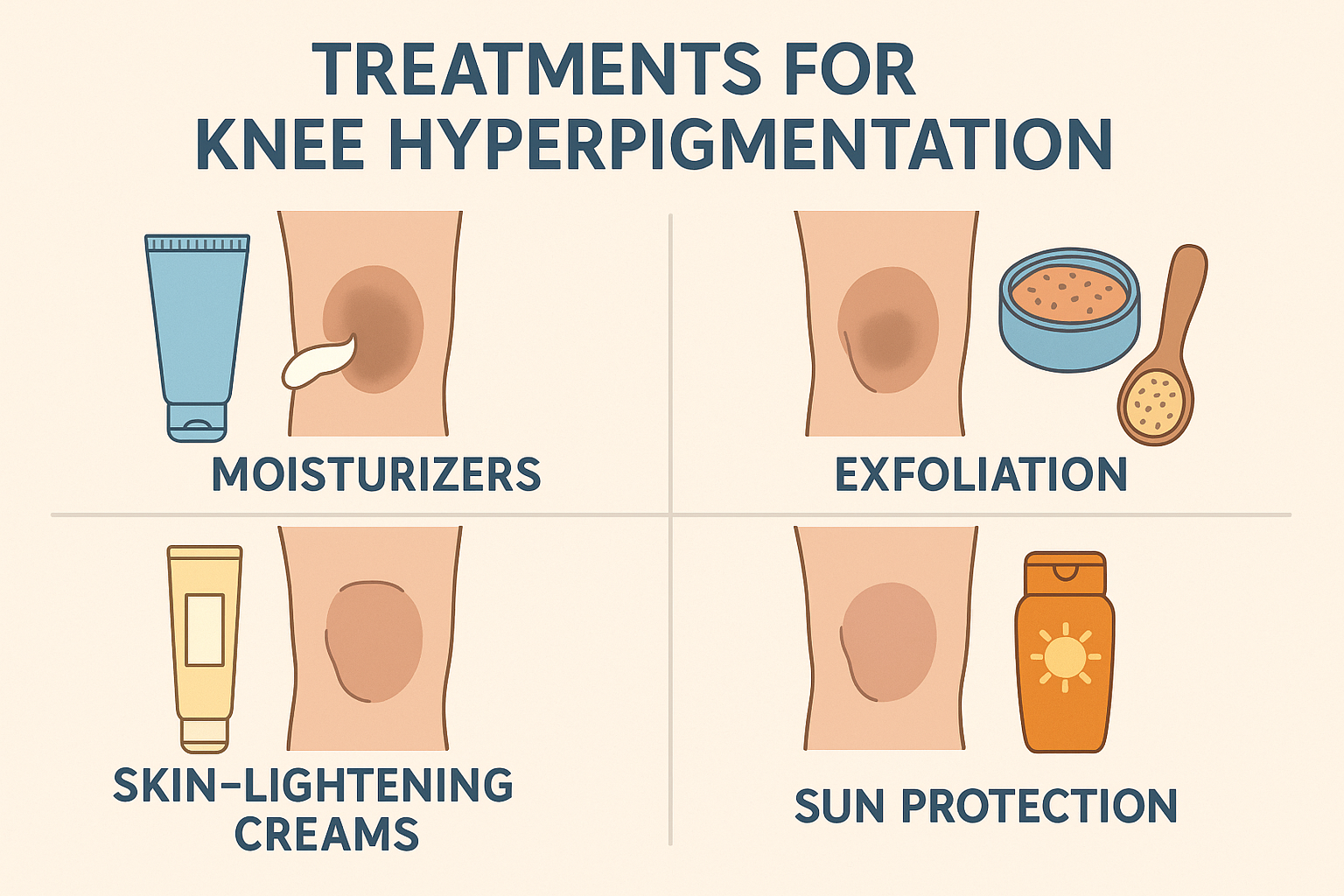Delay Glycation for Smoother, Younger-Looking Skin
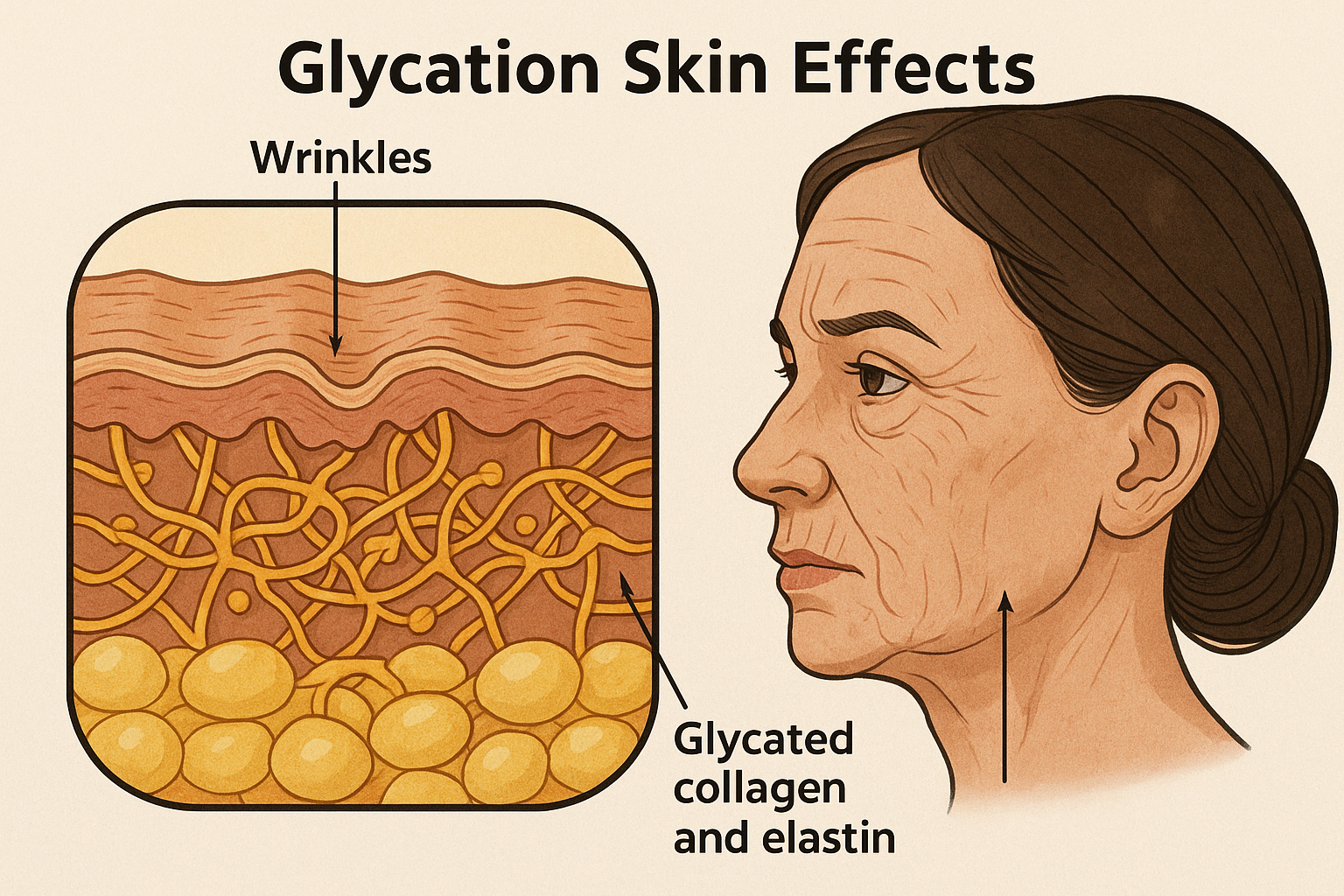
Taking care of your skin requires a holistic approach, especially when considering the various factors that affect skin health. Factors such as UV exposure, free radical damage, collagen depletion, and post-inflammatory hyperpigmentation need special attention. All of these play a role in maintaining skin elasticity and vitality, as well as protecting the underlying structures from premature aging. (Glycation)
One important biological process in skin aging is glycation, where sugar molecules like glucose or fructose bind to skin proteins such as collagen and elastin.1Zheng W, Li H, Go Y, Chan XH (Felicia), Huang Q, Wu J. Research advances on the damage mechanism of skin glycation and related inhibitors. Nutrients. 2022;14(21):4588. This process produces advanced glycation end products (AGEs), which have been shown to accelerate skin damage and increase the appearance of aging signs, such as sagging skin and fine lines. According to Marisa Garshick, MD, FAAD, a board-certified dermatologist, glycation can damage the skin’s structure and speed up the decline in its quality.
Prevention is key in skincare, and this is especially relevant in addressing glycation. Avoiding triggers like excessive sugar intake and UV exposure, as well as using effective skincare ingredients, can help delay the glycation process. A proper skincare routine, including products with antioxidants and ingredients that support collagen health, is recommended to keep the skin youthful and healthy.
By understanding glycation and taking the right preventive steps, you can maintain your skin’s health for longer.
What Is Glycation?
Glycation is a term that may sound unfamiliar, but this concept was discovered over 100 years ago. In 1912, French chemist Louis-Camille Maillard first observed that heating sugar and amino acids resulted in a yellow-brown color, now known as the Maillard reaction, which is directly linked to the formation of advanced glycation end products (AGEs).2Lloyd RV, Fong AJ, Sayre RM. In vivo formation of Maillard reaction free radicals in mouse skin. J Invest Dermatol. 2001;117(3):740-742. This reaction occurs when sugars like glucose or fructose bind to body proteins, creating AGEs that can cause damage to cells and tissues.
Imagine the delicious brown crust that forms on chicken skin when cooked in a pan—though appetizing, this process mirrors how glycation can damage human skin, affecting its elasticity and firmness.
Since Maillard’s discovery, research has revealed the harmful effects of glycation not only on the skin but also on various aspects of human health. Glycation is known to contribute to several serious medical conditions, including diabetes, cardiovascular diseases, gut microbiome disorders, neurodegenerative diseases, and even cancer.3Rungratanawanich W, Qu Y, Wang X, Essa MM, Song BJ. Advanced glycation end products (Ages) and other adducts in aging-related diseases and alcohol-mediated tissue injury. Exp Mol Med. 2021;53(2):168-188. As explained by Shari Marchbein, MD PC, a board-certified dermatologist, glycation is a gradual degradation process that damages the body’s physiological functions, accelerates aging, and increases the risk of various degenerative diseases.
By understanding glycation, we can be more mindful of taking care of our skin and overall health. Reducing glycation triggers, such as a high-sugar diet and UV exposure, is crucial in preventing premature aging and other health issues.
How Glycation Speeds Up the Aging Process
Skin aging is influenced by both external and internal factors, which interact to accelerate the aging process. External factors such as UV exposure, blue light, smoking, and pollution cause direct damage to the skin, while internal factors, including glycation, contribute to structural changes at the cellular level. Glycation occurs when sugar molecules like glucose or fructose bind to skin proteins like collagen and elastin, producing advanced glycation end products (AGEs) that damage the skin’s structure.
According to Shari Marchbein, MD, this damage is also caused by external factors that allow sugar by-products to stick to collagen and elastin, reducing the skin’s elasticity. Glycation can affect both the epidermis and dermis layers, with lasting effects on skin health.
As explained by Marisa Garshick, MD, glycation can decrease the skin’s lipid content and disrupt the epidermal barrier function, making the skin appear dry and fragile. Additionally, AGEs can stimulate melanin production, contributing to the appearance of dark spots and skin discoloration.
In the dermis, AGEs inhibit collagen and elastin synthesis, two key proteins that maintain the skin’s firmness and elasticity.4Franceschi C. Cell proliferation, cell death and aging. Aging (Milano). 1989;1(1):3-15. This process accelerates skin aging, leading to sagging, fine lines, and an overall decline in skin quality. Preventing glycation and protecting against external factors are key to maintaining healthy, youthful skin.
What Triggers the Glycation Process in Skin
Recent scientific research shows that glycation—a chemical process where sugar molecules bind to structural proteins like collagen and elastin—is heavily influenced by lifestyle and diet. A diet high in refined carbohydrates and excess calories, combined with a sedentary lifestyle (low physical activity), can overwhelm the oxidative capacity of the mitochondria, the energy-producing organelles in our cells. When oxidative stress exceeds the body’s limit, it becomes more prone to the buildup of advanced glycation end products (AGEs).
According to Sherry Ingraham, MD, MPH, TM, the accumulation of AGEs damages collagen and elastin by making their fibres stiff and brittle. This significantly reduces the skin’s elasticity, strength, and ability to regenerate. As a result, signs such as sagging skin, fine lines, and premature ageing of skin texture become more visible.
External factors like UV exposure and air pollution also speed up AGE formation, further worsening skin damage. While many people start focusing on collagen health around age 25, Ingraham explains that glycation can begin as early as the twenties. On average, AGE accumulation increases by around 3.7% per year, potentially reaching a 30–50% increase by age 80. Visible signs of glycation often appear by age 35, when the body’s natural collagen production begins to decline.
Dr Kenneth Mark adds that people with diabetes face a higher risk of glycation due to their bodies’ reduced ability to regulate sugar metabolism effectively. Therefore, everyone—regardless of gender or ethnicity—should be aware of glycation as a major cause of premature skin ageing.
Best Ways to Slow Down Glycation Naturally
As research into glycation’s impact on the skin continues to grow, many skincare brands are developing topical products aimed at targeting this process. However, according to experts, prevention through lifestyle changes remains the most fundamental approach. Dr Kenneth Mark recommends adopting an anti-AGE diet—one that is low in sugar and rich in antioxidants such as vitamins C and E, and polyphenols. This type of diet has been shown to slow the formation of advanced glycation end products (AGEs), which damage the skin’s key structural proteins, collagen and elastin.
A 2015 study also found that natural compounds like polyphenols and resveratrol offer anti-glycation effects. When combined with regular physical activity, this healthy lifestyle helps regulate blood sugar levels, reduces oxidative stress, and limits AGE accumulation—thereby supporting healthier skin ageing.
Regarding topical treatments, Dr Shari Marchbein explains that effective formulations must penetrate deep into the skin and boost collagen and elastin production to counter glycation. Active ingredients such as peptides, retinol, sunscreen, niacinamide, vitamin C, and licorice root are known for their antioxidant and reparative properties.
Dr Sherry Ingraham also highlights glycyrrhetinic acid from licorice, which has anti-inflammatory benefits and is effective in treating dullness caused by AGEs. Additionally, proxylane—a patented molecule by SkinCeuticals—has been shown to stimulate collagen production, improve skin elasticity, and reduce deep wrinkles, making it a promising topical approach for visibly slowing the effects of glycation.
Conclusion
Combating glycation isn’t as simple as relying on “anti-ageing” creams alone. Glycation is a complex biological process in which excess sugar reacts with proteins—primarily collagen and elastin—forming advanced glycation end products (AGEs) that compromise the skin’s structure and function. As we age, AGE formation occurs naturally as part of the body’s physiological processes, as explained by Dr Sherry Ingraham. However, external factors such as high-sugar diets, oxidative stress, and sedentary lifestyles can accelerate their buildup.
That’s why the best strategy to slow skin ageing caused by glycation is a holistic approach: combining a low-sugar, antioxidant-rich diet, regular physical activity, and skincare products containing proven anti-AGE active ingredients like peptides, retinol, niacinamide, vitamin C, and polyphenols. These products, especially those supported by clinical studies, help preserve collagen and elastin levels while protecting the skin from oxidative damage that speeds up ageing.
Rather than focusing solely on repairing existing damage, a preventive approach is more effective in maintaining skin quality. Balancing topical treatments with a healthy lifestyle is key to preserving the skin’s elasticity, suppleness, and youthful appearance over time—because when it comes to ageing, prevention truly is the best defence.
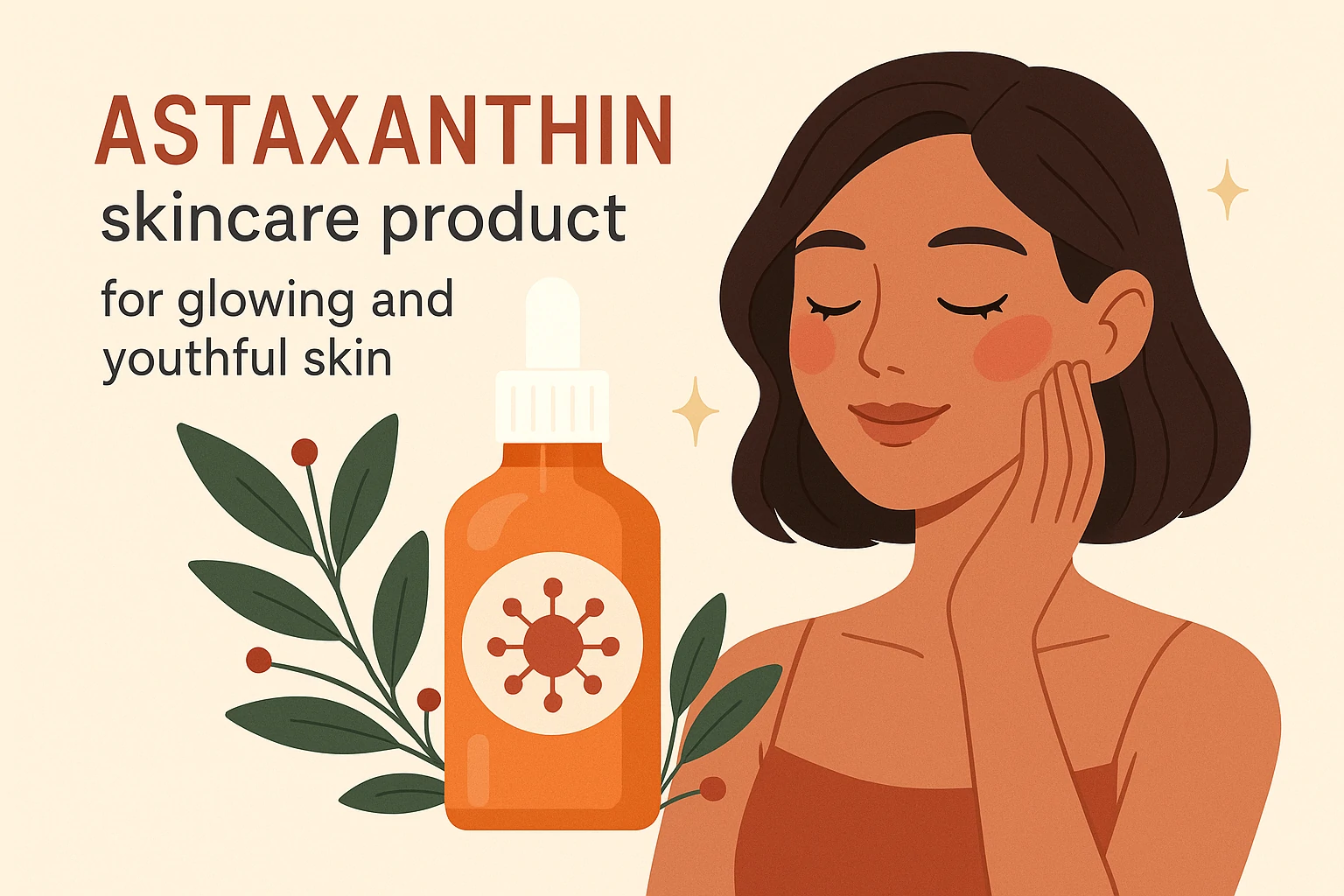

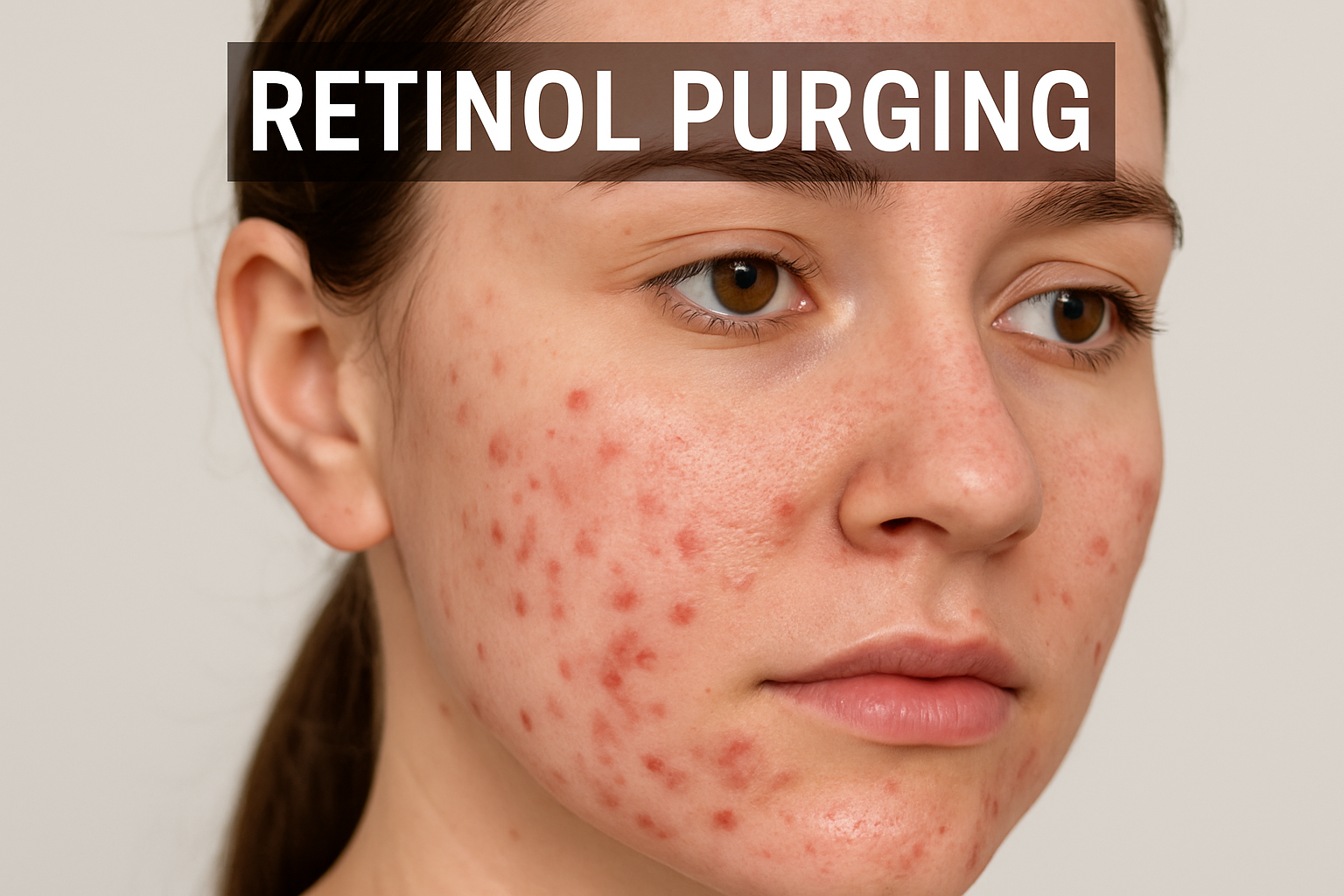
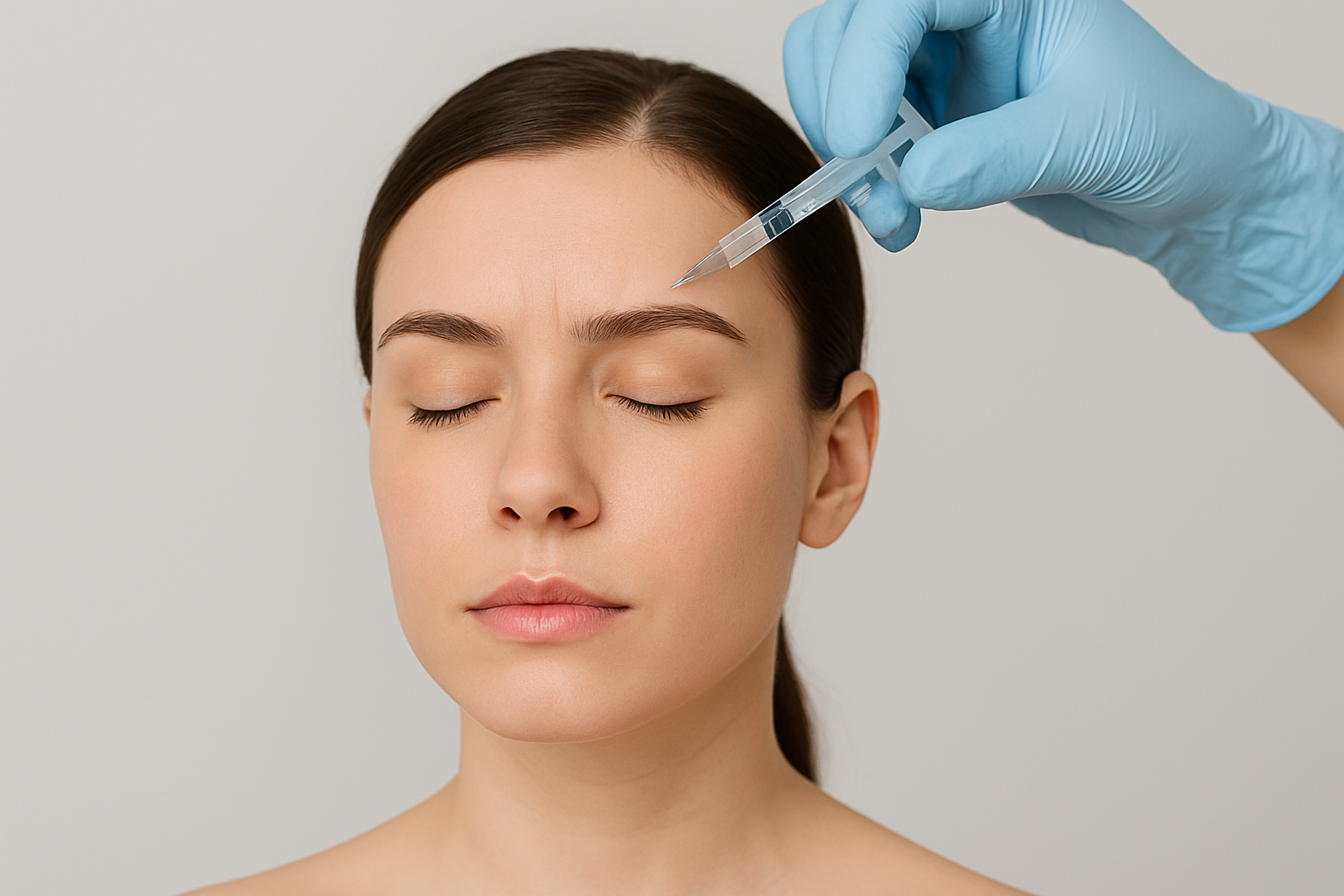
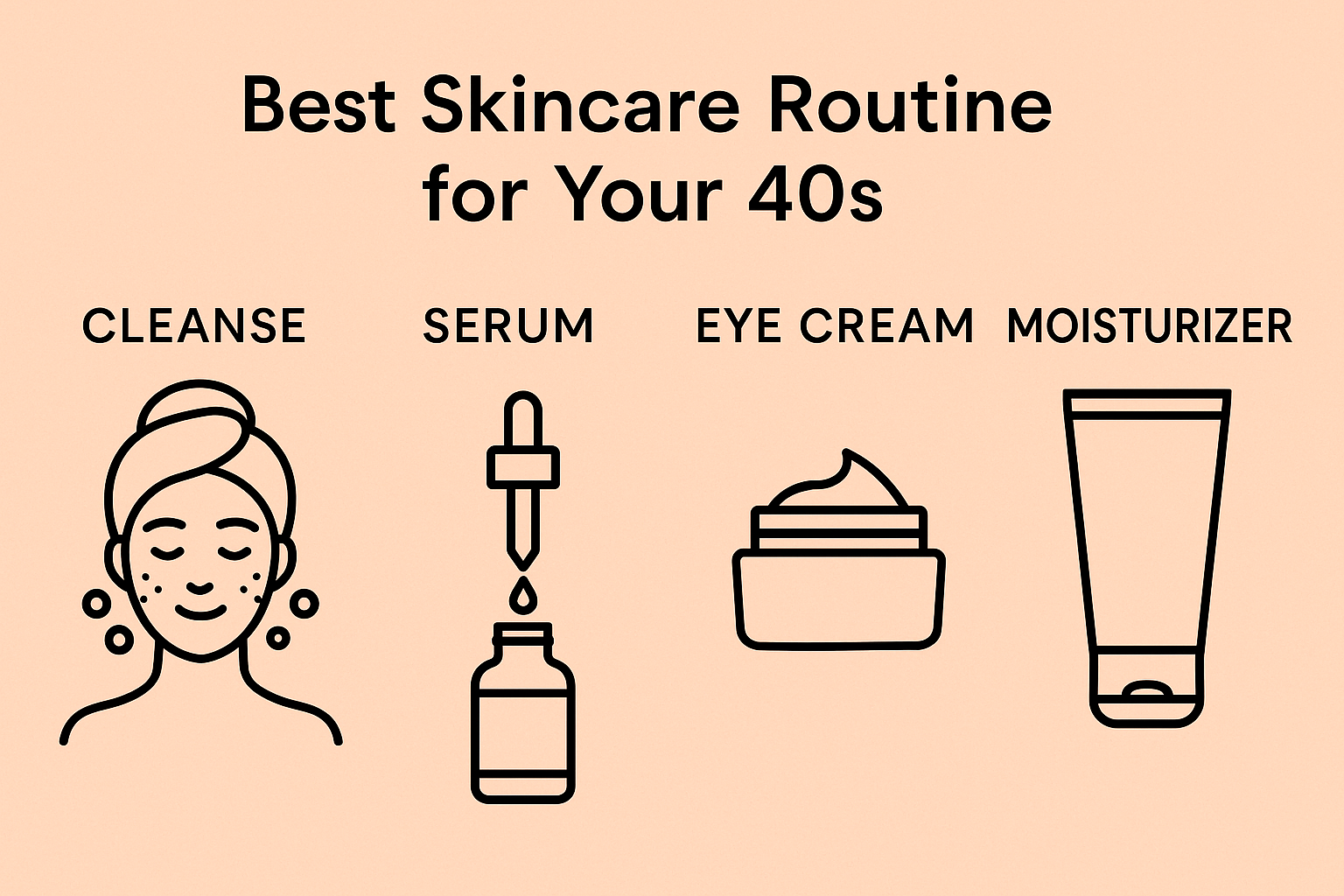
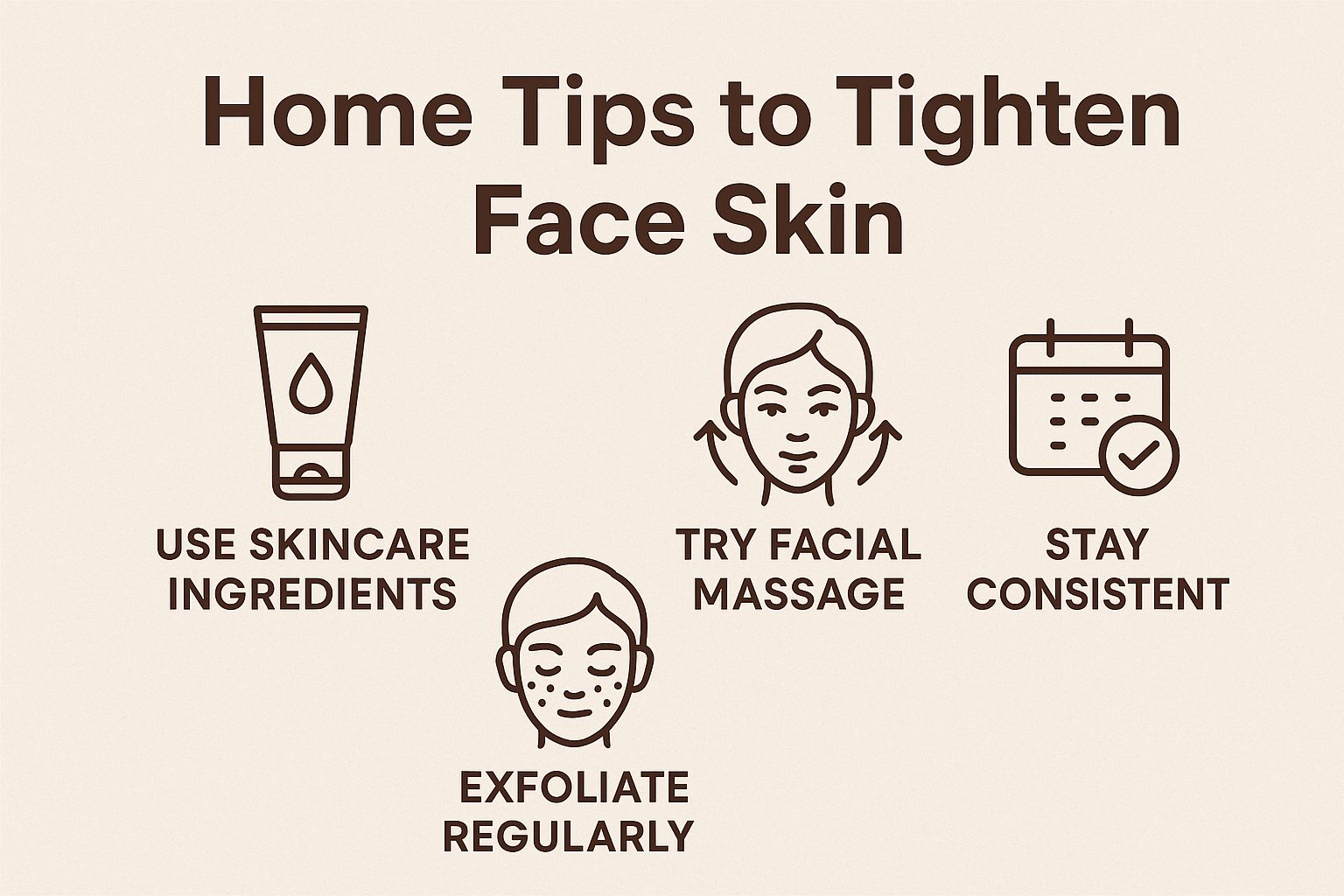
 Acne
Acne Anti-Aging
Anti-Aging Business
Business Digital Marketing
Digital Marketing Economics
Economics Exfoliation
Exfoliation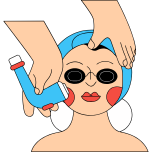 Hair Removal
Hair Removal Movies
Movies Personal Finance
Personal Finance Websites
Websites
